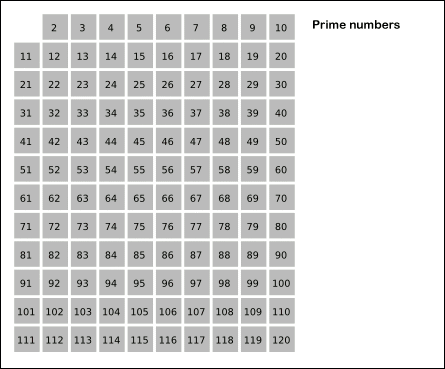
Wave Function Collapse





Some people can read War and Peace and come away thinking it’s a simple adventure story. Others can read the ingredients on a chewing gum wrapper and unlock the secrets of the universe.
Lex Luthor
(a) Regular convolution:
AlexNet/VGG
(b) Separable convolution block:
Split Regular convolution into Depth wise and Point wise.
(c) Separable with linear bottleneck:Import ResNet bottleneck into Separable convolution.
(d) bottleneck with expansion layer:
Invert bottleneck. (Small – Large – Small)


class Solution:
def countPrimes(self, n: int) -> int:
if n < 3:
return 0
primes = [0, 0] + [1] * (n - 2)
for i in range(2, int(n ** 0.5) + 1):
if primes[i]:
primes[i * i: n: i] = [0] * len(primes[i * i: n: i])
return sum(primes)
Implement a MyCalendar class to store your events. A new event can be added if adding the event will not cause a double booking.
Your class will have the method, book(int start, int end). Formally, this represents a booking on the half open interval [start, end), the range of real numbers x such that start <= x < end.
A double booking happens when two events have some non-empty intersection (ie., there is some time that is common to both events.)
For each call to the method MyCalendar.book, return true if the event can be added to the calendar successfully without causing a double booking. Otherwise, return false and do not add the event to the calendar.Your class will be called like this: MyCalendar cal = new MyCalendar();MyCalendar.book(start, end)
Example 1: MyCalendar(); MyCalendar.book(10, 20); // returns true MyCalendar.book(15, 25); // returns false MyCalendar.book(20, 30); // returns true Explanation: The first event can be booked. The second can't because time 15 is already booked by another event. The third event can be booked, as the first event takes every time less than 20, but not including 20.
Note:
MyCalendar.book per test case will be at most 1000.MyCalendar.book(start, end), start and end are integers in the range [0, 10^9].import bisect
class MyCalendar:
def __init__(self):
self.ints = []
def book(self, start: int, end: int) -> bool:
idx = bisect.bisect_left(self.ints, (start, end))
is_left_valid = idx == 0 or self.ints[idx - 1][1] <= start
is_right_valid = idx == len(self.ints) or end <= self.ints[idx][0]
if is_left_valid and is_right_valid:
self.ints.insert(idx, (start, end))
return True
return False